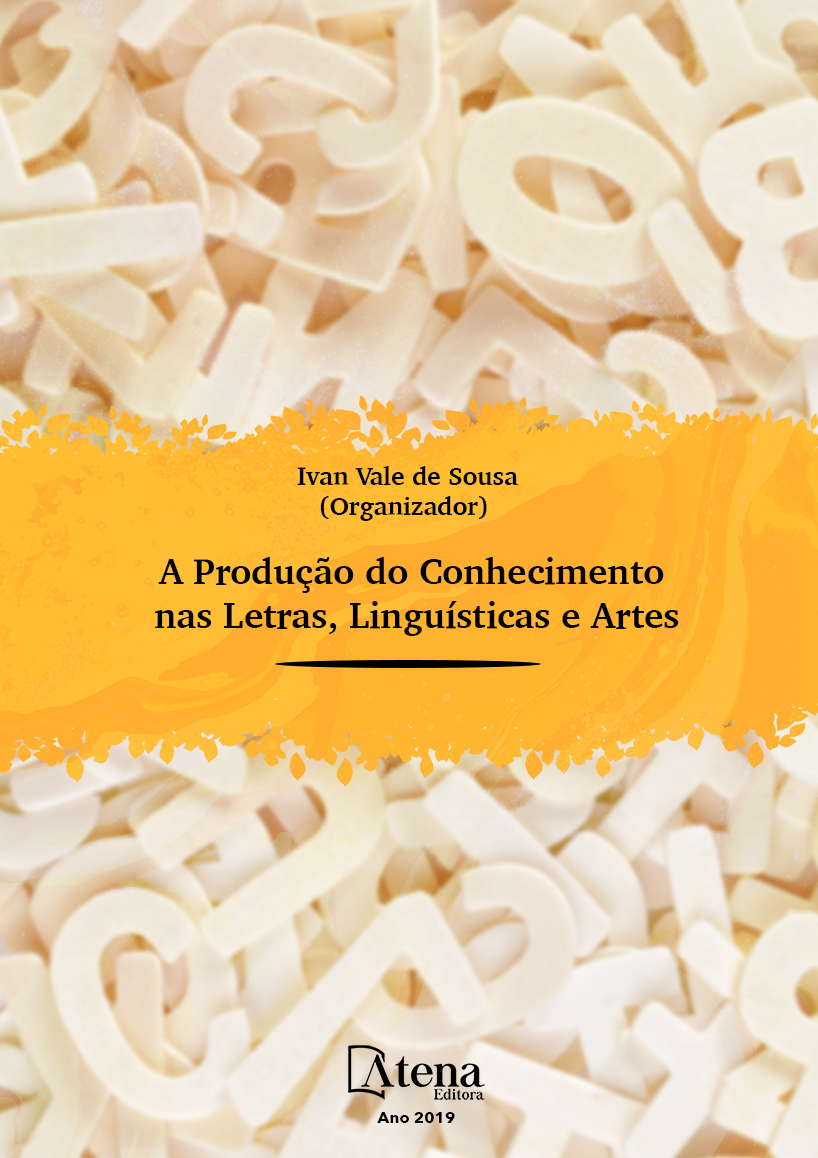
O CURRÍCULO PROPOSTO NA BNCC E A FORMAÇÃO EM LETRAS
O presente artigo ocupa-se em
analisar a segunda versão da Base Nacional
Comum Curricular – BNCC (2015) no que se
refere à área de Linguagens, Códigos e suas
Tecnologias no Ensino Médio, ocupando-se
mais precisamente do estudo do componente
de Língua Portuguesa e de como a Literatura
passa a integrá-lo na referida versão do
documento. Por meio desse estudo, refletese acerca das mudanças que a BNCC
possivelmente desencadeará na formação dos
professores de Letras. Logo, com o objetivo de
analisar essa perspectiva, desenvolvendo uma
pesquisa descritiva e bibliográfica, almeja-se
fazer um estudo dos objetivos de aprendizagem
do componente curricular Língua Portuguesa
no nível Médio, em específico, as práticas
artístico-literárias, para, assim, pensar o
impacto do documento na formação dos futuros
professores. Cabe destacar que a versão aqui
analisada tem caráter preliminar, não sendo,
portanto, o documento oficial. Esta pesquisa
fundamenta-se nos estudos de Bordini (2015),
Candido (1995), Morin (2000), Fazenda (1994),
Hermann (2002) entre outros, e traz como
principais resultados a constatação de que são
apresentadas novas abordagens no ensino
de Literatura, bem como, o entendimento de
que o professor de Língua Portuguesa possui,
impreterivelmente, o compromisso de trabalhar
com o texto literário na escola, por meio de uma
prática cada vez mais interdisciplinar, uma vez
que a formação literária é inerente à formação
integral do sujeito. O que já se percebe é que tal
alteração ocasionará mudanças nos currículos
de formação em Letras
O CURRÍCULO PROPOSTO NA BNCC E A FORMAÇÃO EM LETRAS
-
DOI: 10.22533/at.ed.28919020413
-
Palavras-chave: Língua. Literatura. Ensino. BNCC. Formação.
-
Keywords: Language. Literature. Teaching. BNCC. Graduation.
-
Abstract:
The present article analyzes the
second version of the Base Nacional Comum
Curricular- BNCC (2015) at high school in
the area of Languages, Codes and their
Technologies, more precisely the study of the
component of Portuguese and how Literature
integrates it. Through this study, it is reflected
on the changes that the BNCC will possiblyinitiate in the formation of the professors of Letters. Therefore, in order to analyze
this perspective, developing a descriptive and bibliographical research, it is desired
to make a study of the learning objectives of the curricular component Portuguese in
high school, in specific, artistic-literary practices, in order to think about the impact of
the document on the training of future teachers. It should be noted that the version
analyzed here has a preliminary character, and therefore, it is not the official document.
This research is based on the studies of Bordini (2015), Candido (1995), Morin (2000),
Fazenda (1994), Hermann (2002) among others and brings as main results the finding
that new approaches are presented in teaching, as well as the understanding that the
Portuguese teacher is, without a doubt, committed to working with the literary text in
school, through an increasingly interdisciplinary practice, since the literary formation is
inherent to the integral formation of the subject. What is already perceived is that such
an alteration will lead to changes in the curricula of languages graduation.
-
Número de páginas: 15
- Taíse Neves Possani


